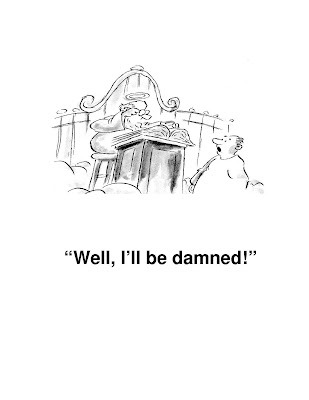We have just celebrated the 199th anniversary of Darwin’s birth on February 12, 1809. But both the grandeur of Darwin’s theory of evolution, and its ability to provoke controversy, are undimmed by the passage of time.
Darwin’s evolutionary theory shares a property with some other great paradigm-shifting concepts: in retrospect it seems almost obvious. The theory consists of two exceedingly simple ideas: 1. organisms possess mechanisms (now known to act on DNA) that permit gradual changes in a population; and 2. in a given environment, only the fittest organisms will survive and thus propagate. But the originality and enormous significance of Darwin’s theory imply that he was the greatest and most important theoretical biologist the world has ever seen. Evolution is the key concept underlying everything we presently understand about the biology of organisms, including us humans. This theory is also the guiding principle undergirding all of modern-day biological and biomedical research.
And of course the “theory” of evolution has now been extensively proven, beyond any reasonable doubt, to be correct. Yes, there are aspects of evolution that are still in contention, partly because they don’t appear to strictly follow one or the other principles of Darwin’s theory. Stephen Jay Gould, an evolutionary biologist, wrote extensively about some of these outstanding issues. For example, he described what he termed “spandrels”, features in an organism that do not arise directly from evolutionary selection. One example is the human chin, which results from different rates of growth of bones in our jaws during development. Another concept, also championed by Gould, is “punctuated equilibrium”, in which evolution proceeds abruptly rather than smoothly. But these outstanding questions about aspects of evolution clearly don’t invalidate the theory, but instead provide interesting ongoing challenges for evolutionary biologists.
Yet polls show that at least half of Americans do not “believe” in the theory of evolution, but instead believe in alternative pseudo-scientific theories: first “creationism”, followed more recently by its shabbily disguised offspring, “intelligent design”. Why such widespread disbelief in evolution? Well, it’s partly explained by the 18th century scientist Georg Lichtenberg: “When a book and a head collide and there is a hollow sound, does the hollow sound always emanate from the book?”
But here’s a different way of looking at this question: why don’t the opponents of evolution also oppose progress in physics and cosmology? The answer seems simple: recent advances by physicists and cosmologists in our understanding of the universe generally make no direct statements about the origin of human life. However, there are some very recent, interesting, and pretty far-out cosmological theories, involving multiple universes in infinitely expanding space, that do make statements about all life, including of course human beings. These theories imply that the existence of life in our particular universe could be simply the outcome of a completely random process of universe production. I think it is probably fortunate for the cosmologists that these more recent theories are completely unknown to the general public.
By contrast, it is widely known that the theory of evolution states that we humans were not created in our “perfect” form by a Grand Creator, but that we instead evolved from lower, “baser” organisms. Even worse for the chances of this theory being accepted, it is quite clear that the process of evolution proceeds with no intervention whatsoever from a supernatural force.
This refusal by much of the public to accept evolution could be at least partially corrected by enlightened educational policies. However, schools in many parts of the country- one thinks especially of Kansas, of course, where history has recently tried to repeat itself- have done a poor job both in dispelling mystical beliefs in creationism, and in emphasizing the importance of science to our society. As recently as this past week, Florida rang in on this subject: state officials there decided that evolution can be taught, but only as a theory that has not been conclusively demonstrated. These officials, in their infinite wisdom, decided that Einstein’s relativity theory is also only a theory, but that Newton’s gravitational law can be taught as fact!
The federal government has also failed us, by permitting individual states like Kansas and Florida to develop their own policies on science education. This has left an intellectual gap in our society, with little to counter-act the teaching by members of some organized religions of a non-scientific, supernatural approach to our understanding of the origin and development of life on earth.
The rejection of evolution by at least half of all Americans is extremely frustrating to biologists and other scientifically literate individuals. Societal disbelief in the established theory of evolution is, to biologists, as ridiculous and insulting as rejection by the public of basic, proven concepts in physics, such as the laws of gravity and relativity, would be to physicists.
I very much hope that societal evolution will ultimately render the pseudo-theories of creationism and intelligent design, like the dinosaurs, extinct.

